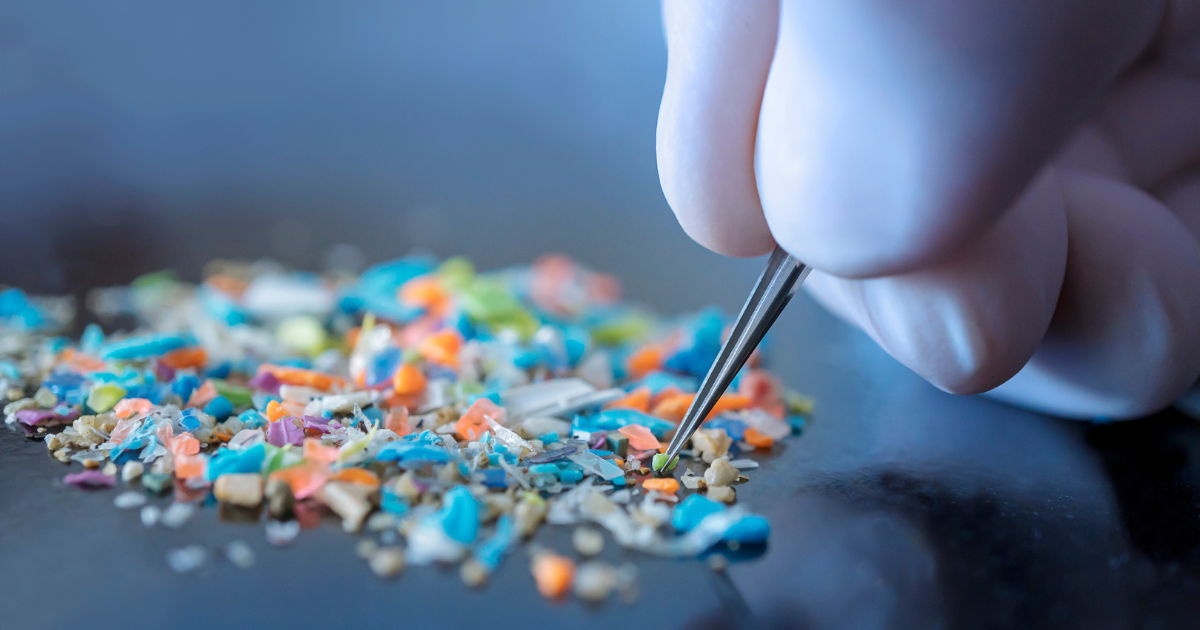Microplastics in human testicles: What does it mean for male fertility?

Male infertility has become a worldwide issue that seems only to be increasing. Unfortunately, it’s not always evident what factors are causing or even contributing to these widespread infertility problems. Still, recent studies have found that one tiny culprit – microplastics – may be a large part of our world’s growing male infertility.
What are microplastics, and where are they found?
Microplastics – pieces of plastic debris less than five millimeters in length – are still something we’re learning more and more about each year. We know that researchers have found microplastics in almost every organ and fluid in the body – including stool, ejaculate and blood. “At this point, they’re ubiquitous,” says urologist Chris Deibert, MD. “We’ve found microplastics in testicles, and there’s some evidence for it in semen – seminal fluid – but not so much in sperm itself.”
This year's “Toxicologic Sciences” study found microplastics in every sample among 23 human and 47 dog testicles examined. Similarly, they found that dog testicles with higher concentrations of certain microplastics tended to have lower sperm counts. So, while there is a lot we still don't know about microplastics and their effects on our bodies, they're evidently everywhere, and there's a possibility they're hurting multiple aspects of health – including fertility.
Reducing microplastics exposure
Unfortunately, microplastics are everywhere – in the air, our food and water. Still, there are some ways you can try to reduce your exposure to microplastics. According to Dr. Deibert, these methods include:
- The EPA could set limits on specific plastics – like they did to limit fluorocarbons.
- Eliminating microwaving food in plastic containers.
- Avoiding plastic water bottles.
- Minimize the amount of food prepared outside your home. (Extensive research has been done on chemicals added to plastics – called phthalates – which we are typically exposed to via contaminated food.)
Dealing with microplastics in your body
While we're learning more about microplastics daily, it's still a topic we know little about. So, we still don't have many concrete answers regarding microplastics' direct or exact impact on health issues such as fertility.







